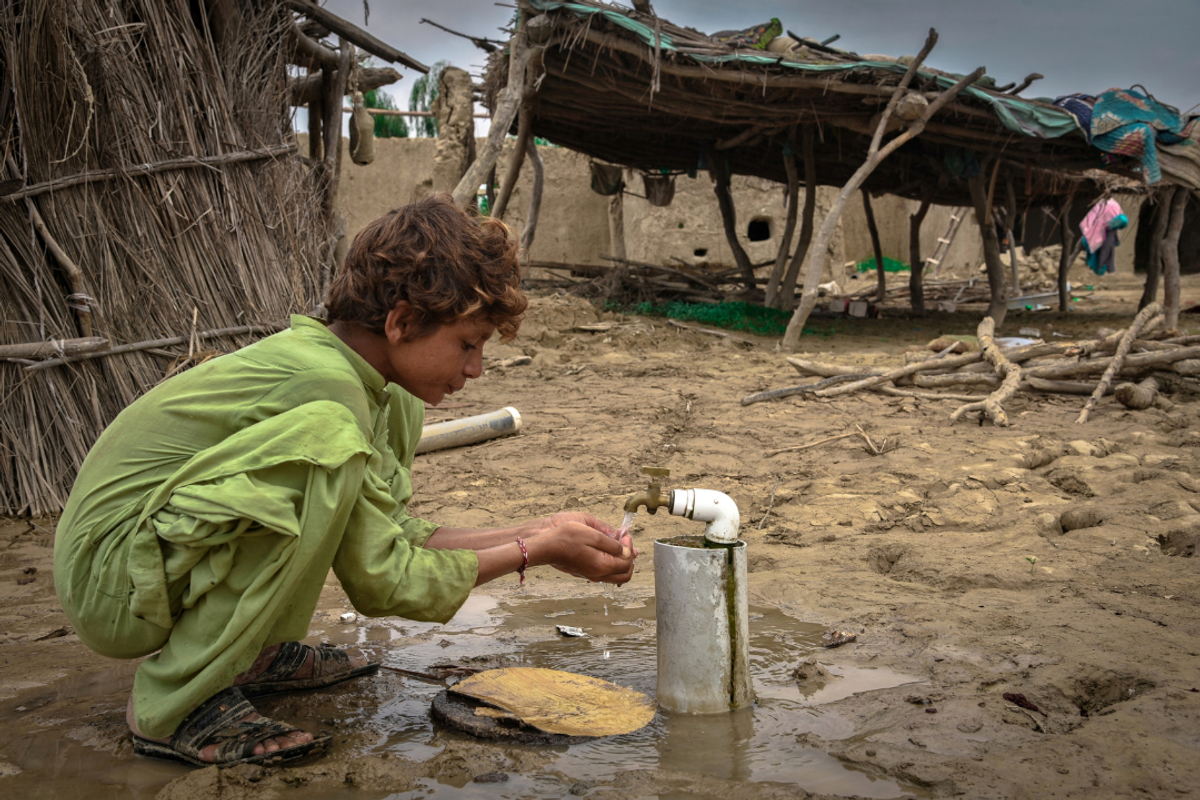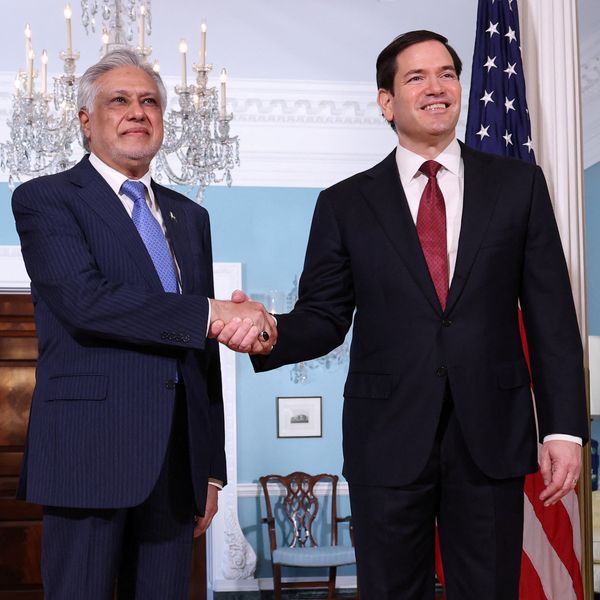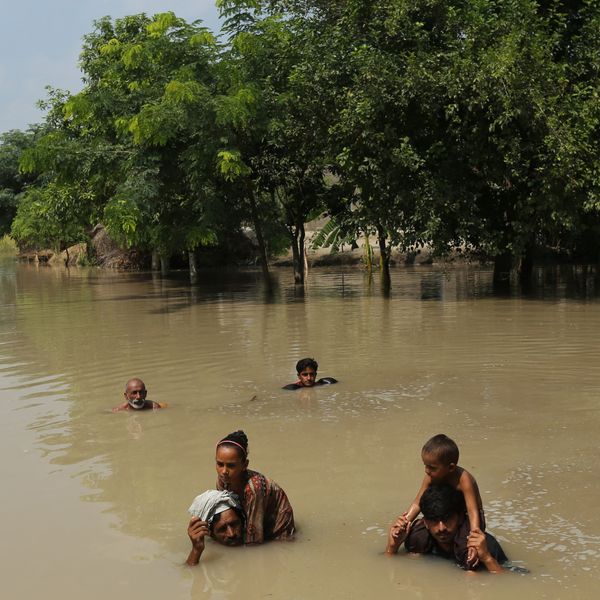World Bank approves $194 million for education and water security projects in Balochistan
Funding to improve early education for 250,000 children and enhance water access and climate resilience for 500,000 people across the province
Business Desk
The Business Desk tracks economic trends, market movements, and business developments, offering analysis of both local and global financial news.

A young boy drinks water in Balochistan
Shutterstock
The World Bank’s Board of Executive Directors has approved $194 million in funding for two major development projects in Pakistan’s Balochistan province, aimed at improving education outcomes for children and addressing the growing water security challenges.
The financing includes $100 million for the Getting Results: Access and Delivery of Quality Education Services in Balochistan (GRADES-Balochistan) project and $94 million for the Balochistan Water Security and Productivity Improvement Project (BWSPIP).
“The GRADES-Balochistan project aims to reduce learning poverty in the province, while the water project will help address Balochistan’s water security challenges and enhance climate resilience,” said Najy Benhassine, World Bank country director for Pakistan. “The World Bank remains committed to supporting Balochistan through strategic investments in infrastructure and human development to build the foundations for more job creation, poverty reduction, and stronger resilience.”
The GRADES-Balochistan project is expected to benefit 250,000 students by increasing enrollment and improving early childhood and primary education literacy and numeracy outcomes. It will focus on enhancing school readiness through quality early childhood education, expanding school capacity via double shifts and public-private partnerships, and improving access through safe transportation and climate-resilient classrooms.
Additionally, the project will support 5,000 teachers with continuous professional development and award 400 scholarships to female students pursuing pre-service teacher education, helping build a new generation of educators who will act as mentors and role models.
“The GRADES-Balochistan project is a strategically important initiative that addresses critical gaps in access to and quality of pre-primary and primary education,” said Inga Afanasieva, team leader for the project. “It not only aims to enhance educational infrastructure but also strengthens disaster resilience and environmental sustainability.”
The BWSPIP, meanwhile, targets water service improvements for 500,000 people in the Nari, Talli, and Lehri river basins of the Kachi Plain and urban residents in Quetta. More than 80,000 people are expected to benefit from climate-resilient infrastructure. The project includes measures to improve flood protection, increase water access for productive use, and enhance water supply service delivery.
“The project supports Pakistan’s Resilient Recovery Framework and is expected to provide significant benefits to farming communities and Quetta residents,” said Carolina Dominguez Torres, task team leader for the project. “It will also empower women in community-level water management.”
By improving irrigation systems and strengthening water governance, the World Bank aims to safeguard communities from climate risks and support agricultural productivity and long-term economic stability in the province.










Comments
See what people are discussing